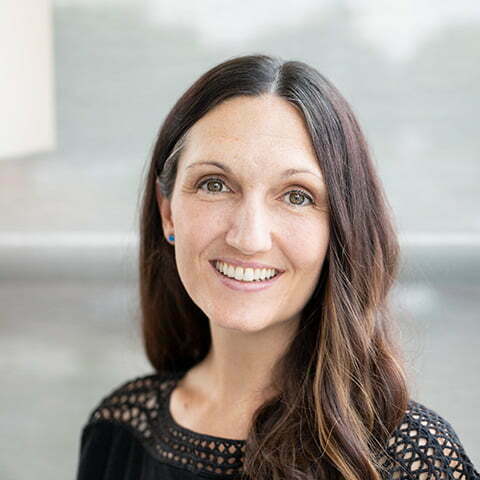Immediate Availability - Open 7 days a week - day, evening and weekend appointments
Immediate Availability - Open 7 days a week - day, evening and weekend appointments

I want to share something small that happened this past weekend, because even small moments can reflect something deep. And I believe we need more space to name those ripples in our world.
I was walking back from a playdate with my 3½-year-old to our car. We’d parked two blocks away—our friends live in a congested neighbourhood and the only legal spot I found was there. (Yes, I double-checked the parking signs. I’m that rule-follower, the kid who always tried to be “good.”)
The odd thing was, there was a little pathway coming out of a patch of forest beside where I’d parked. It seemed informal, someone’s shortcut rather than a city path. But the road and parking signs suggested it was okay.
I shut the car door, glanced back to see my son still buckled in, and before I knew it: a cyclist came barreling down that little path toward us. He blasted out “What kind of idiot parks here? Why the F would you park here?” and in a blur he was gone down the road.
I stood frozen. Internally, I wanted to collapse into tears. I didn’t. I held it in, partly because my child was talking to me, partly because I wanted to shield him.
All morning, I felt shaken.
Part of me knows: this moment hurt more because I’m already tender. Less than 24 hours earlier, we’d learned that my husband’s mother, my child’s grandmother, has a prognosis of less than a year with cancer. The weight we carry right now is enormous.
But even removing that context, I believe I would have teared up. Because what he yelled at me wasn’t about parking; it was anger toward a human being.
When someone lashes out at you for something you didn’t do wrong, it cuts. It unsettles your bones. It leaves a trace. I’ve been thinking about why this particular moment stayed with me.
So I want to imagine what he might’ve been carrying: exhaustion, stress, shame, maybe even despair. And I want him (and all of us) to imagine the same for each other.
This kind of moment isn’t isolated. Post-COVID, many communities in Canada have reported rising irritability, tension, and distress beneath the surface.
Here in Calgary, the numbers are sobering. One in three Calgarians rates their mental health as “fair or poor,” and more than 70% say they’ve needed mental health care in the past year [source: City of Calgary Mental Health of Calgarians Survey]. That means at any given time, a large portion of people around us are walking through the world with heavy emotional loads.
When stress and unprocessed pain go unaddressed, it often shows up as anger. Road rage, public outbursts, and online hostility are signs of collective fraying. Anger itself isn’t the enemy. It can be a natural signal, but unregulated anger harms communities.
And we’re seeing this on Calgary’s roads. So far this year, 30 Calgarians have lost their lives in fatal collisions, the highest number in a decade [source: Calgary Safer Mobility Plan]. Each of those numbers represents families, friends, first responders, and entire communities impacted. While many factors contribute to collisions including road design, vehicle safety, enforcement, the Calgary Safer Mobility Plan highlights that our behaviours and emotions as road users directly shape safety outcomes.
When we carry anger, distraction, or disregard into public spaces, the ripple can be devastating.
Here’s the uncomfortable truth: each of us is responsible for the wave we send into the world. If we do not do the inner work, if we refuse to notice when we are dysregulated, we risk becoming monsters to each other.
If you find yourself:
these might be messages from you needing care.
Reflection, individual therapy, honest check-ins with trusted people—these are not “extras.” They are ballast. They help you pause before projecting pain.
We must move away from dehumanization. To call someone “idiot,” “stupid,” or worse is to flatten them into a target instead of acknowledging their full humanity. Before we lash out, let us remember: other people carry storms we cannot see.
To that cyclist, if he ever reads this, I want you to know I offered you empathy, even though your words hit me hard. I silently offered you compassion, wherever your pain may lie. My hope is that someone sees you today as the layered human you are, with wounds, dreams, and a heart that matters.
To everyone reading this: I want to invite you to pause when anger stirs. Breathe. Ask, “What’s underneath this?” If you sense something bigger than the moment, let that guide you toward help, not harm.
Let’s not perpetuate cycles of cruelty. Let’s instead be small carriers of tenderness each day. In the way we speak, the way we slow down, the way we remember there is more inside every person than the moment they show.
As we heal our insides, we heal each other. The ripple begins with the choice to see, to slow, and to treat one another as human again.
